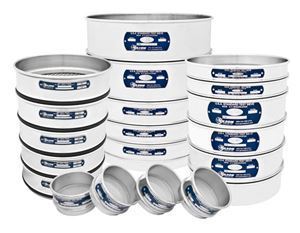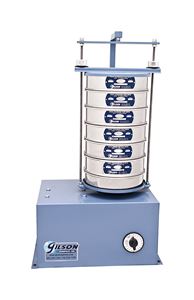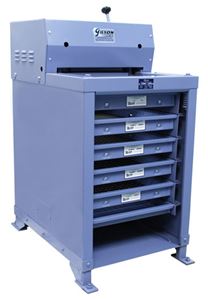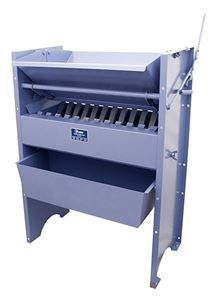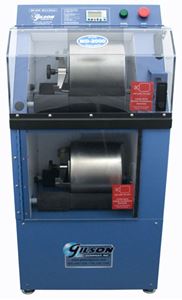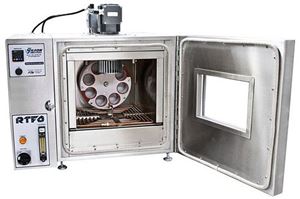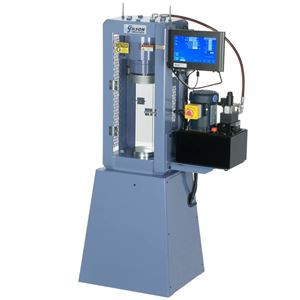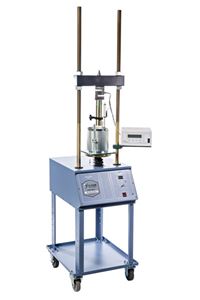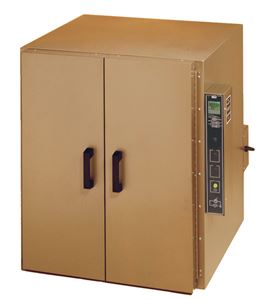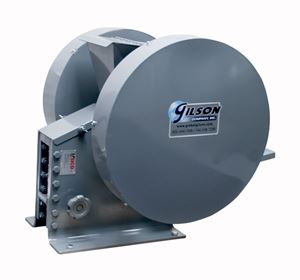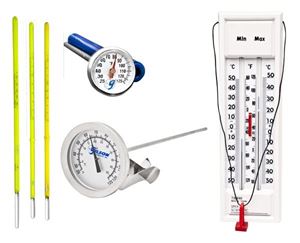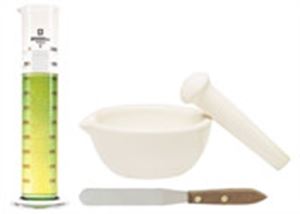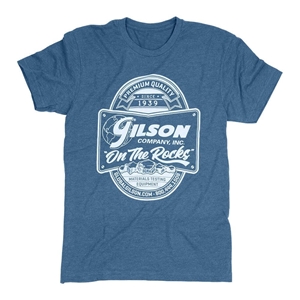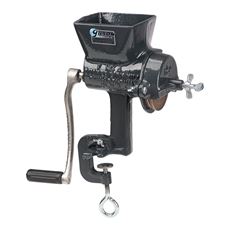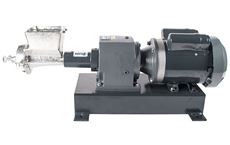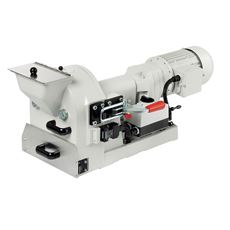- Log in
- Favorites List
-
Shopping Cart
You have no items in your shopping cart.
Laboratory Disk Mills
Laboratory Disk Mills provide effective performance for limited dry or wet grinding to moderate fineness. Mills are useful for coal, chemicals, ores, pharmaceuticals, nuts, grains, and other friable materials.
Hand-Crank and Motorized Disk Mills process materials between a set of iron alloy fixed and rotating 4in (102mm) diameter grinding disks for reduction. These disc mills disassemble quickly without tools for cleaning and are supplied with tooth-type feed augers for dry materials and a set of fine-grinding discs. For wet or oily materials, optional Wet-Feed Auger sets are available and include a worm-type feeder and fine-grinding discs. Coarse Grinding Disk Set, purchased separately, fits both mills and allows higher throughput of coarse product.
Fritsch Disk Mills are equipped with fixed and movable grinding disks, available in hardened steel cast, manganese steel, hardmetal tungsten carbide, and zirconium oxide. Fritsch Vibrating Cup Mill is equipped with a grinding set, available in a variety of materials including hardened stainless steel, hardmetal tungsten carbide, agate, zirconium oxide, and chromium-free tool steel.
- Hand-Crank Disk Mill is a bench-mountable unit that attaches by screw clamp to a surface thickness of up to 1.5in (38.1mm). Throughput varies with material type, but 10lb (4.5kg) per hour is typical.
- Motorized Disk Mill is available in 115V, 60Hz and 230V, 50 or 60Hz capacity. These mills have a 1/3hp single phase Gearmotor mounted on a rigid cast aluminum base, with a plated cast iron body. Throughput varies with the type of material, but 40lb (18kg) per hour is typical.
- Fritsch Classic and Premium Disk Mills perform fine grinding of soft to hard, brittle, and temperature-sensitive solids. Material is reduced by pressure and shearing action between two counteracting grinding disks with coarse interlocking teeth. Classic models can achieve a final fineness between 12mm and 0.1mm. Premium models can achieve a final fineness of 0.05mm and offer additional safety with automatic locking of the grinding chamber.

